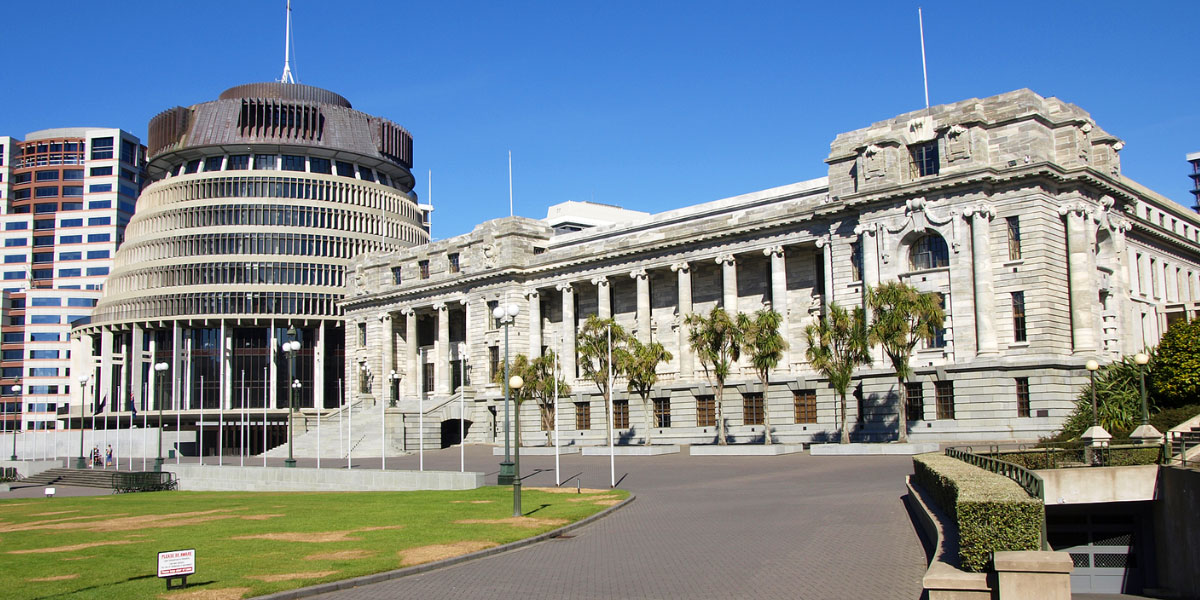New Zealand’s Inland Revenue is consulting on the scope of its next long-term insights briefing (LTIB). You can provide feedback on this consultation by emailing policy.webmaster@ird.govt.nz with “LTIB topic” in the subject line.
The closing date for feedback is 4 October 2024.
What is an LTIB?
LTIBs are future-focused think pieces that government departments produce every three years. They provide information on long-term trends, risks and opportunities that could affect New Zealand in the future, and policy options for responding to these matters. Their purpose is to help us collectively think about and plan for the future.
LTIBs are developed independently of ministers and are not current government policy.
LTIBs go through two rounds of public consultation during their development: first on the proposed topic of a briefing; and second on a full draft of a briefing. Inland Revenue is now consulting on the topic of its next briefing.
Environmental scan of tax system
To determine the topic of the next LTIB, Inland Revenue undertook an environmental scan of New Zealand’s tax system, how it compares to other countries’ tax systems, and potential future challenges.
Key findings of the scan were:
The level of revenue that New Zealand’s tax system raises, relative to the size of the economy, is close to the OECD average. In common with other OECD countries, the country’s system has two main bases: income and consumption. However, the system is unusual in not having significant specific taxes on labour income, such as social security contributions or payroll taxes.
New Zealand’s tax system has been subject to several major reviews in recent decades. These reviews have noted the benefits of the broad-based low-rate approach to taxation that New Zealand has followed for many years. However, they have also identified tensions in the current system, including to do with the comprehensiveness of the country’s income tax base and the interface of personal and entity tax regimes.
There are several trends that could have significant implications for the country’s tax system in the future. The most relevant trend is that of increased fiscal pressures from superannuation and healthcare costs. Future governments will have the option to respond to these pressures by either changing legislative settings, managing expenditure growth, making greater use of user-pays mechanisms or increasing the amount of tax that is raised relative to GDP. New Zealand will have greater fiscal resilience if the tax system has flexibility to adapt to changing revenue needs over time.
Topic of Inland Revenue’s next LTIB
Based on the findings of Inland Revenue’s environmental scan, Inland Revenue is proposing that New Zealand’s next LTIB explores what broad structure of the tax system would be suitable for the future. This topic is motivated by two key issues touched on above, namely: how to design the tax system in the face of long-term fiscal pressures; and whether there are alternative ways to design its tax system that better address tensions identified by previous reviews. Inland Revenue intend to approach this topic by focusing on three key areas:
Tax bases and mixes: This would look at the economic factors (e.g. labour and capital income) that are being taxed by different tax bases, and the extent to which different bases tax similar economic factors. It would explore, among other things, the merits of alternative tax bases and tax base mixes, and the merits of raising revenue from new bases versus existing bases. It would consider whether it makes sense to add alternative bases to their current mix.
Income tax regimes: This would look at the broad rules for taxing income, including the ways in which individuals and entities are taxed and the integration of personal and entity taxation. It would explore ways to improve the income tax system, including by considering options for improving consistency in the tax treatment of different forms of income and the pros and cons of alternative approaches to taxing income such as those used in other countries.
Consumption tax regimes: This would look at the taxation of consumption through value added taxes (GST in New Zealand). It would look at ways to make consumption taxes take more account of distributional goals, including by looking at how other countries have provided GST offsets to those with low incomes to compensate for rate rises.














